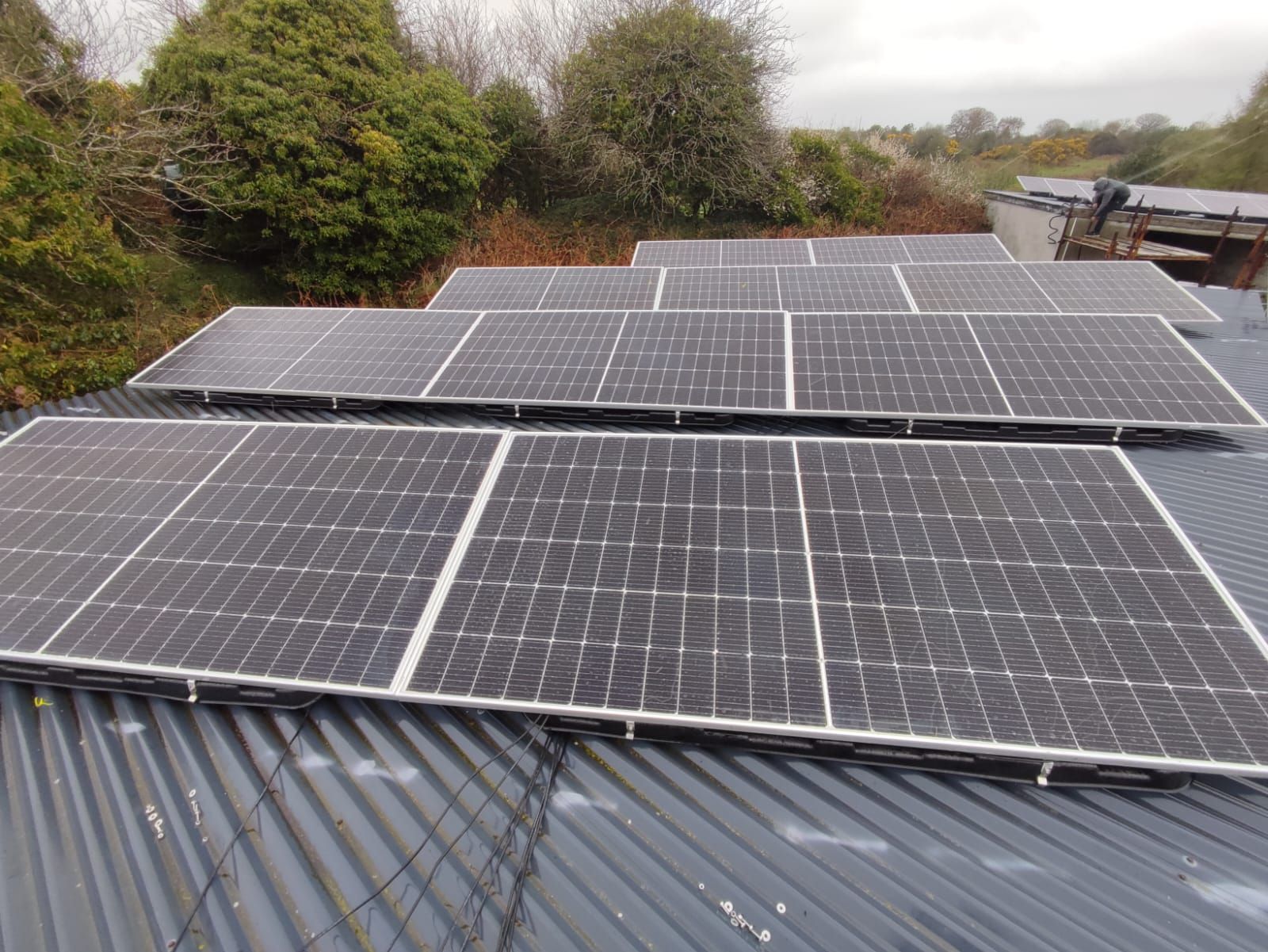In Northern Ireland, the landscape of solar panel grants and incentives has undergone significant changes in recent years, impacting homeowners and businesses looking to invest in renewable energy solutions. While there are still opportunities for financial support for solar panel installations in Northern Ireland, the availability of certain grants, incentives, and schemes has been affected by various factors, including the discontinuation of specific programs and policy shifts.
One of the notable changes that have affected the availability of grants for homeowners in Northern Ireland is the discontinuation of the Renewable Obligation Certificates (ROCs) scheme. The ROCs scheme was a government incentive that provided financial support to renewable energy generators, including solar panel installations. Under the ROCs scheme, homeowners who generated renewable electricity through solar panels could earn certificates that could be sold to energy suppliers, providing a source of income to offset the installation costs.
However, the ROCs scheme was phased out in Northern Ireland, along with the rest of the UK, and closed to new applicants in 2017. The termination of the ROCs scheme had a significant impact on the financial incentives available to homeowners looking to invest in solar panels, as the scheme had provided a valuable source of income for renewable energy generation.
In addition to the discontinuation of the ROCs scheme, changes in government policies and incentives have also affected the availability of grants and incentives for homeowners in Northern Ireland. The reduction or removal of certain tax relief incentives, such as the Annual Investment Allowance (AIA), which provided tax relief on qualifying capital investments, including solar panel installations, has further limited the financial support available to homeowners.
The absence of specific homeowner grants for solar panels in Northern Ireland can be attributed to a shift in focus towards supporting larger-scale renewable energy projects and commercial installations. Government initiatives and funding programs may prioritise community projects, public buildings, and commercial enterprises to achieve broader sustainability goals and drive significant reductions in carbon emissions.
While the landscape of grants and incentives for homeowners in Northern Ireland may have shifted, there are still opportunities for financial support through alternative channels. For example, homeowners may be able to access financing options, such as green energy loans or energy efficiency grants, to fund solar panel installations and other renewable energy upgrades.
Furthermore, the potential savings on energy bills, increased property value, and environmental benefits associated with solar panels can still make them a worthwhile investment for homeowners in Northern Ireland. By reducing reliance on traditional energy sources, homeowners can lower their carbon footprint, increase energy independence, and contribute to a cleaner and more sustainable future.
Despite the challenges posed by the changes in grants and incentives for solar panels in Northern Ireland, homeowners can explore alternative financing options, consider the long-term benefits of solar energy, and engage with energy efficiency programs to support their transition to renewable energy. By staying informed about available resources and making informed decisions, homeowners can still make use of the many advantages that solar panels offer for their homes and the environment.
For more information on solar panels for your home or business, contact us on 02891 270279 or email hello@eeco.energy






